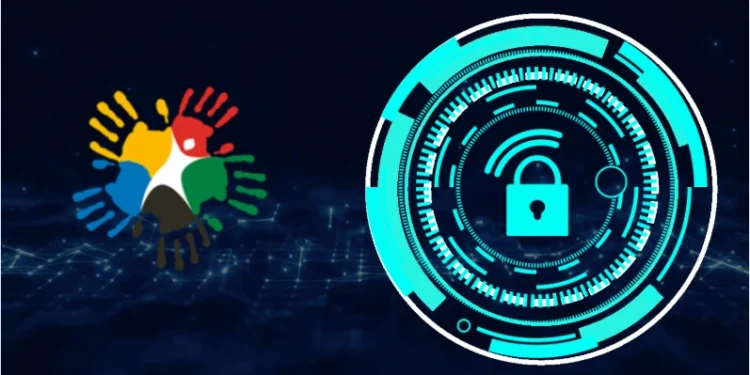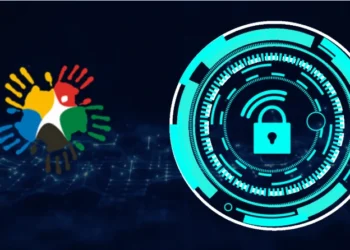With the increasing use of digital communication, scammers find new ways to exploit SASSA beneficiaries through fake messages and fraudulent websites. These scams often target vulnerable individuals, stealing personal information and grants in a dangerous act of impersonation.
In this article, we’ll provide tips to identify fake SASSA messages and websites, ensuring you remain safe and protected. Verifying the authenticity of any communication you receive is crucial and exercising extreme caution to prevent falling victim to such cybercrime.
Why Scammers Target SASSA Beneficiaries
SASSA beneficiaries often rely on their grants as a primary source of income, making them prime targets for scammers. These fraudsters typically aim to gain unauthorized access to your identity and other sensitive information. Their goal may include intercepting your cash benefits without your consent.
- Steal personal information, including ID numbers and banking details.
- Gain unauthorized access to grant funds.
- Trick beneficiaries into making payments for fake services.
Common Signs of Fake SASSA Messages
Scammers frequently use SMS, emails, or WhatsApp messages to impersonate SASSA. Here’s how to spot fake communication: Remain alert and vigilant to any warnings or suspicious outreach.
1. Requests for Personal Information
SASSA will never ask you to provide sensitive details like your ID number, PIN, or banking information via SMS or email. Legitimate applications for any updates or services will seek proper consent through verified channels only.
2. Spelling and Grammar Errors
Legitimate messages from SASSA are professionally written. Watch out for typos, poor grammar, or inconsistent language in suspicious messages, as this could indicate an issue with their authenticity.
3. Generic Greetings
Fraudulent messages often use generic greetings like “Dear Beneficiary” instead of your name. SASSA communication is usually personalized, indicating that it is a genuine document.
4. Urgent or Threatening Language
Scammers may create a sense of urgency, claiming your account will be blocked unless you act immediately. Be wary of such pressure tactics that demand quick actions without appropriate verification.
5. Suspicious Links
Fake messages often include links to fraudulent websites. Check the URL carefully—SASSA’s official website is www.sassa.gov.za. Remain cautious and remember the importance of vigilance in scrutinizing links thoroughly.
How to Identify Fraudulent Websites
Fake websites are designed to look like official SASSA platforms but often contain subtle red flags, which could be instrumental in revealing their intended deception.
1. Requests for Login Details
SASSA websites never ask for your login credentials, PIN, or banking details. This measure is a critical guard against identity theft facilitated by cybercriminals.
2. No HTTPS Security
Legitimate websites use secure connections, indicated by “https://” at the beginning of the URL and a padlock icon in the browser, providing an essential layer of security to online transactions.
What to Do If You Receive a Fake Message or Visit a Fraudulent Website
- Do Not Respond or Click on LinksAvoid engaging with suspicious messages or clicking on unverified links. This fundamental warning can prevent undesired access to your personal information.
- Report the MessageForward the suspicious message to report.fraud@sassa.gov.za or call the SASSA fraud hotline at 0800 60 10 11 to escalate your vigilance.
- Check Your AccountIf you suspect your information has been compromised, monitor your SASSA account and bank transactions for unusual activity. This cautionary practice assists in early detection of cybercrime.
- Educate OthersShare information about scams with family and friends to protect them as well. Empowering others with this knowledge contributes to an effective defense against impersonation attempts.
Official SASSA Communication Channels
Always rely on official SASSA channels for accurate information and remain committed to maintaining the integrity of your documents and financial health.
- Website: www.sassa.gov.za
- Call Center: 0800 60 10 11
- Social Media: Look for verified SASSA accounts on platforms like Twitter and Facebook.












